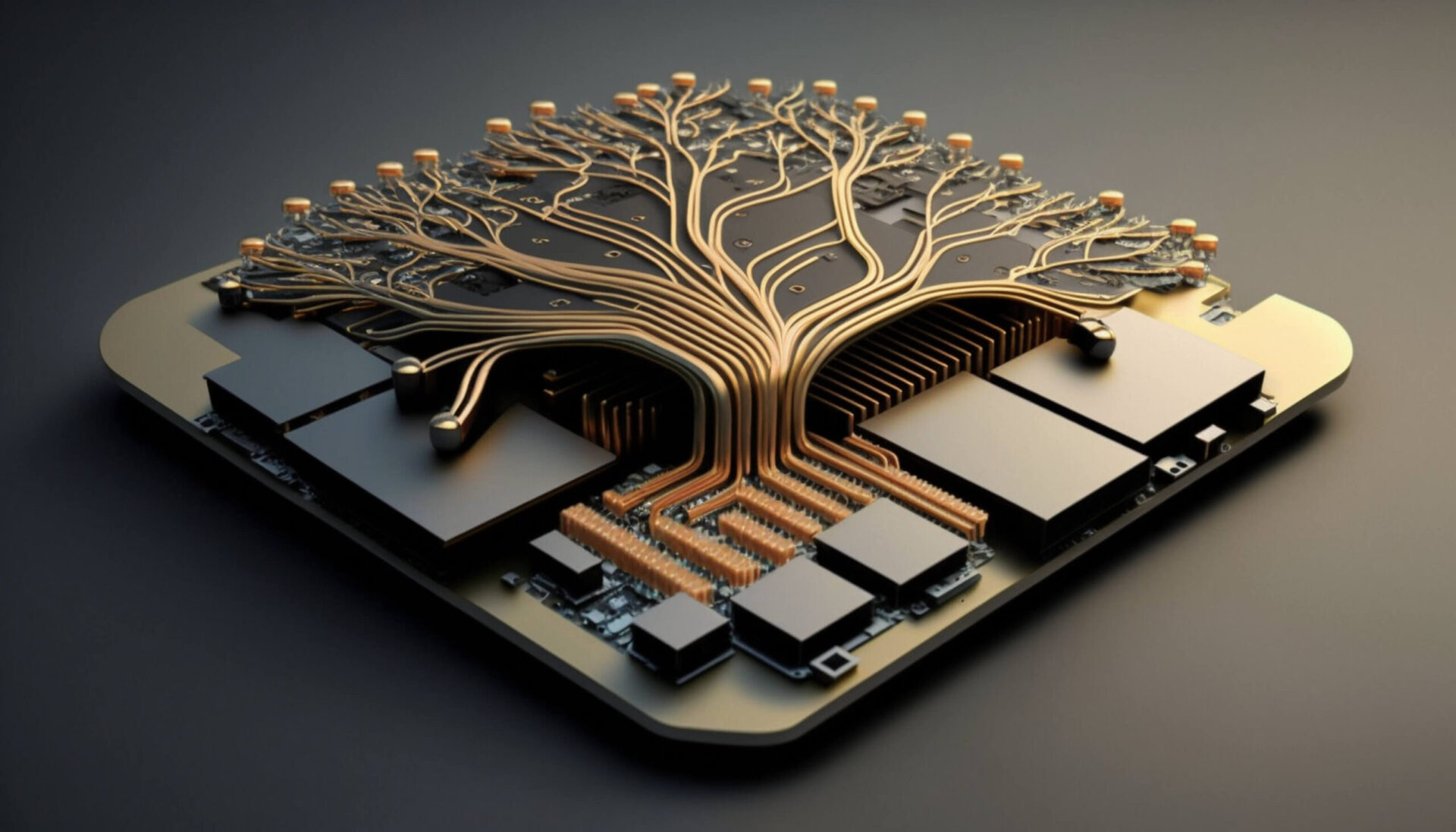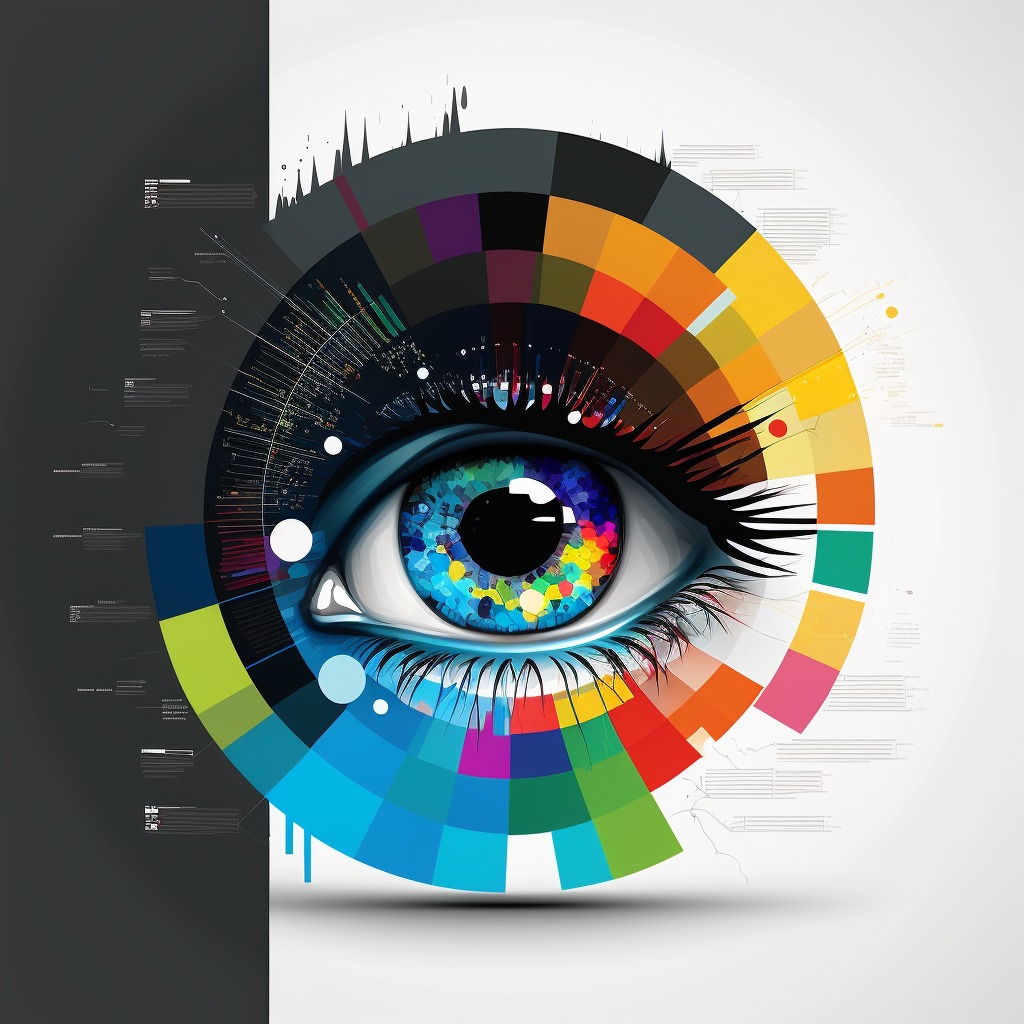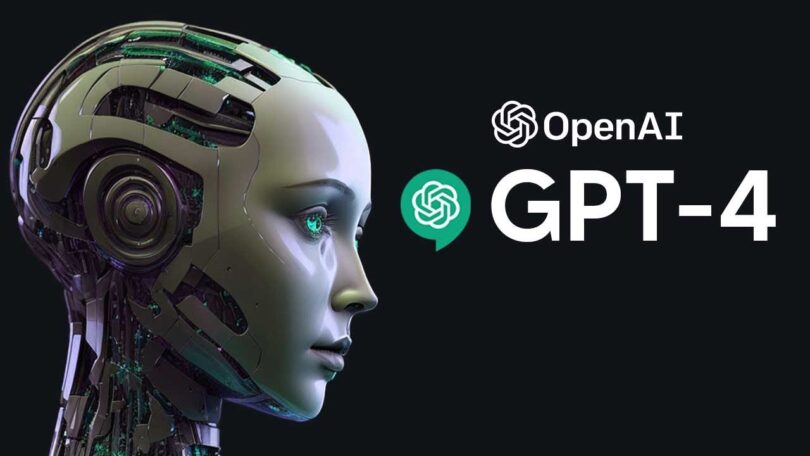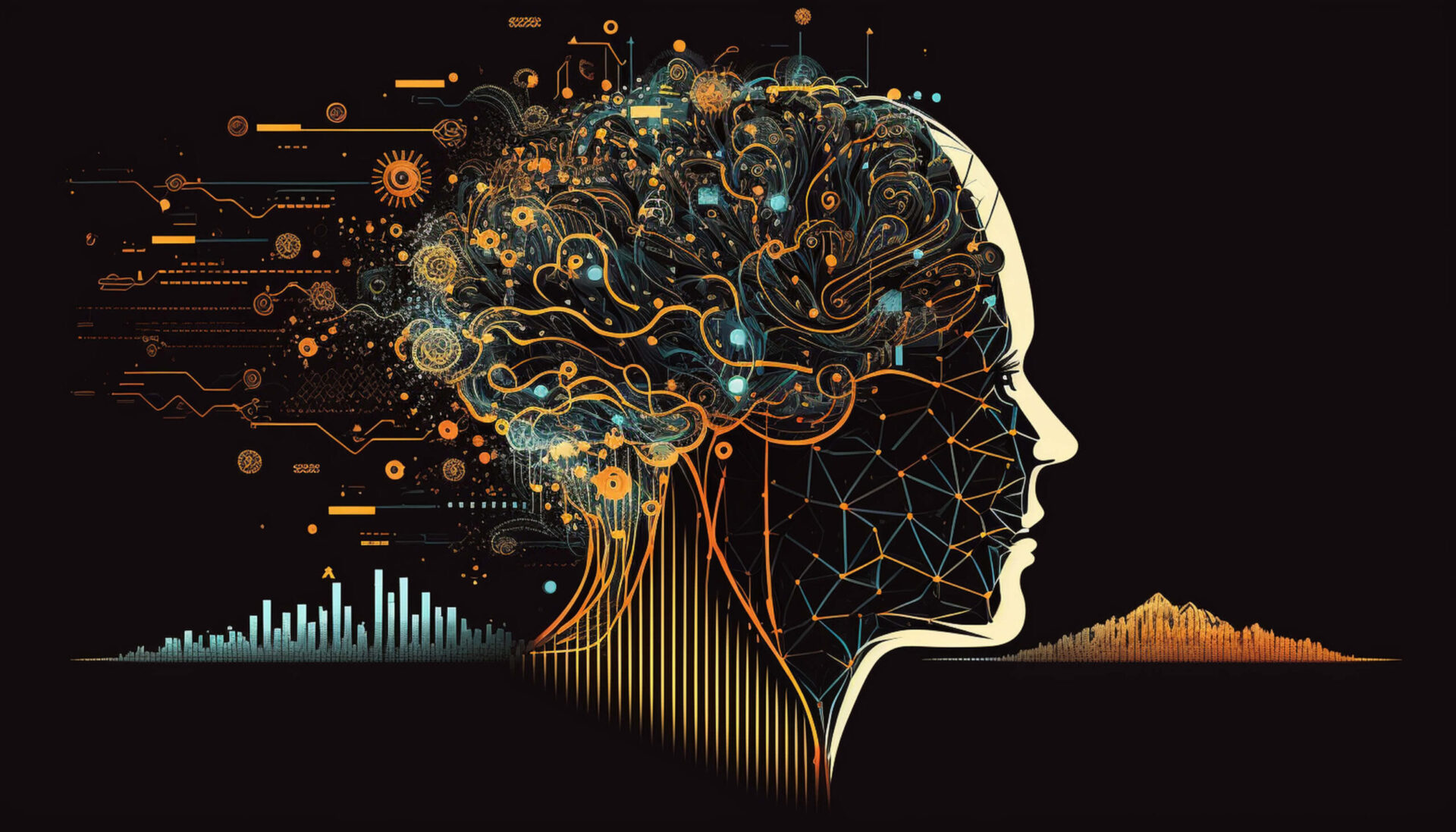Introduction
The advancement of artificial intelligence (AI) and machine learning (ML) technologies has brought about significant transformations in various industries. In particular, the healthcare sector is experiencing a revolution due to the integration of AI and ML systems. These innovative technologies have the potential to reshape the future of medicine by enhancing diagnosis, treatment, and overall patient care. This article explores the impact of AI and ML in healthcare, their applications, benefits, challenges, ethical considerations, and future possibilities.
The Impact of AI in Healthcare
The utilization of AI in healthcare has proven to be a game-changer. With the ability to analyze vast amounts of data and identify patterns, AI systems can aid medical professionals in making accurate and timely diagnoses. Additionally, AI algorithms can assist in predicting patient outcomes and optimizing treatment plans, ultimately leading to improved patient care.
Enhancing Diagnosis and Treatment
AI algorithms excel at analyzing medical images, such as X-rays, MRIs, and CT scans. By leveraging ML techniques, these algorithms can detect abnormalities and potential diseases at an early stage. This early detection allows for timely intervention and better treatment outcomes. AI-powered diagnostic tools are also capable of reducing human errors, ensuring more accurate diagnoses.
Streamlining Administrative Tasks
Administrative tasks in healthcare can be time-consuming and resource-intensive. AI technologies can automate various administrative processes, such as appointment scheduling, medical billing, and documentation. By relieving healthcare professionals from these mundane tasks, AI systems enable them to focus more on patient care, leading to increased efficiency and productivity.
The Role of ML in Medicine
Machine learning, a subset of AI, plays a vital role in advancing medical research and patient care. ML algorithms can analyze complex datasets, identify patterns, and make predictions based on historical data. This capability opens up new possibilities for personalized medicine and early detection of diseases.
Predictive Analytics for Early Detection
ML algorithms can leverage patient data, including medical records, genetic information, and lifestyle factors, to predict the likelihood of developing certain diseases. By identifying high-risk individuals, healthcare providers can intervene early, initiate preventive measures, and potentially save lives.
Precision Medicine and Personalized Treatment
ML algorithms can analyze large-scale genomic datasets to identify genetic variations associated with specific diseases. This information helps in tailoring treatment plans based on individual patients' genetic profiles, ensuring a more personalized and effective approach to healthcare.
Applications of AI and ML
AI and ML have a wide range of applications in healthcare, revolutionizing various aspects of the industry.
Medical Imaging and Radiology
AI algorithms can analyze medical images to identify and highlight areas of concern, assisting radiologists in making accurate diagnoses. This technology enables faster interpretation of images, reducing the time between diagnosis and treatment.
Drug Discovery and Development
The process of drug discovery and development is time-consuming and costly. AI and ML techniques can accelerate this process by analyzing vast amounts of biomedical data, predicting drug efficacy, and optimizing molecular structures. These technologies have the potential to revolutionize the pharmaceutical industry, bringing new treatments to patients faster.
Virtual Assistants and Chatbots
AI-powered virtual assistants and chatbots are being increasingly adopted in healthcare settings. These tools can provide patients with 24/7 access to medical information, answer basic healthcare queries, and even assist in symptom assessment. Virtual assistants and chatbots help alleviate the burden on healthcare providers, improve patient satisfaction, and ensure access to healthcare information anytime, anywhere.
Benefits of AI and ML in Healthcare
The integration of AI and ML in healthcare brings forth numerous benefits that have the potential to transform the industry.
Improved Accuracy and Efficiency
AI systems can process and analyze vast amounts of data with speed and accuracy, surpassing human capabilities. By assisting healthcare professionals in making more accurate diagnoses and treatment decisions, AI reduces the risk of errors and improves overall efficiency.
Enhanced Patient Care and Outcomes
AI technologies enable personalized and proactive patient care. By leveraging patient data, AI systems can provide tailored treatment plans, monitor patient progress, and predict potential complications. This level of personalized care leads to better patient outcomes and improved quality of life.
Challenges and Concerns
Despite the significant advancements, the integration of AI and ML in healthcare is not without challenges and concerns.
Data Privacy and Security
The utilization of AI and ML technologies in healthcare requires access to large amounts of sensitive patient data. Ensuring the privacy and security of this data is paramount. Adequate measures must be implemented to protect patient confidentiality and prevent unauthorized access.
Lack of Regulatory Frameworks
The rapid pace of AI and ML advancements has outpaced the development of regulatory frameworks. The lack of clear guidelines and standards poses challenges in terms of ensuring the safety, effectiveness, and ethical use of these technologies. Regulatory bodies need to adapt quickly to address these concerns.
Ethical Considerations
The integration of AI and ML in healthcare raises ethical considerations that need to be carefully addressed.
Bias and Fairness in Healthcare AI
AI algorithms are trained on historical data, which can contain biases. If these biases are not adequately addressed, AI systems may perpetuate disparities in healthcare outcomes. Efforts must be made to develop fair and unbiased AI models to ensure equal access to quality healthcare for all individuals.
Trust and Transparency
The adoption of AI technologies in healthcare requires trust and transparency. Patients and healthcare providers must have confidence in the algorithms' decisions and understand the reasoning behind them. Ensuring transparency in AI algorithms' decision-making process is crucial for their acceptance and effectiveness.
Future Possibilities
The future of AI and ML in healthcare holds immense possibilities for further advancements and innovations.
AI-Enabled Robotics in Surgery
AI-powered robotic systems can assist surgeons in performing complex procedures with greater precision and control. These systems have the potential to enhance surgical outcomes, reduce invasiveness, and shorten recovery times.
AI for Mental Health Support
Mental health is a growing concern globally, and AI technologies can play a significant role in improving mental health support. AI-powered chatbots and virtual assistants can provide personalized mental health guidance, monitor individuals for early signs of mental health issues, and offer timely interventions.
Conclusion
The integration of AI and ML in healthcare is transforming the future of medicine. These technologies enhance diagnosis accuracy, streamline administrative tasks, and open up new possibilities for personalized treatment. However, challenges such as data privacy, regulatory frameworks, and ethical considerations need to be addressed. With ongoing advancements and careful considerations, AI and ML have the potential to revolutionize healthcare, improve patient outcomes, and make healthcare more accessible and efficient.
FAQs
1. What is the role of AI in healthcare? AI plays a crucial role in healthcare by assisting in diagnosis, treatment planning, and administrative tasks. It can analyze large amounts of data, identify patterns, and make predictions, ultimately improving patient care.
2. How does ML contribute to medicine? Machine learning algorithms contribute to medicine by analyzing complex datasets, predicting disease outcomes, and enabling personalized treatment plans based on individual patient characteristics.
3. What are the benefits of AI in healthcare? AI brings improved accuracy and efficiency in diagnosis, enhances patient care, and allows for personalized treatment plans. It also automates administrative tasks, freeing up healthcare professionals' time.
4. What are the challenges of integrating AI in healthcare? Challenges include data privacy and security concerns, lack of regulatory frameworks, addressing biases in AI algorithms, and ensuring transparency and trust in decision-making processes.
5. What are some future possibilities of AI in healthcare? The future holds possibilities such as AI-enabled robotics in surgery, AI-powered mental health support, and further advancements in personalized medicine and treatment.












